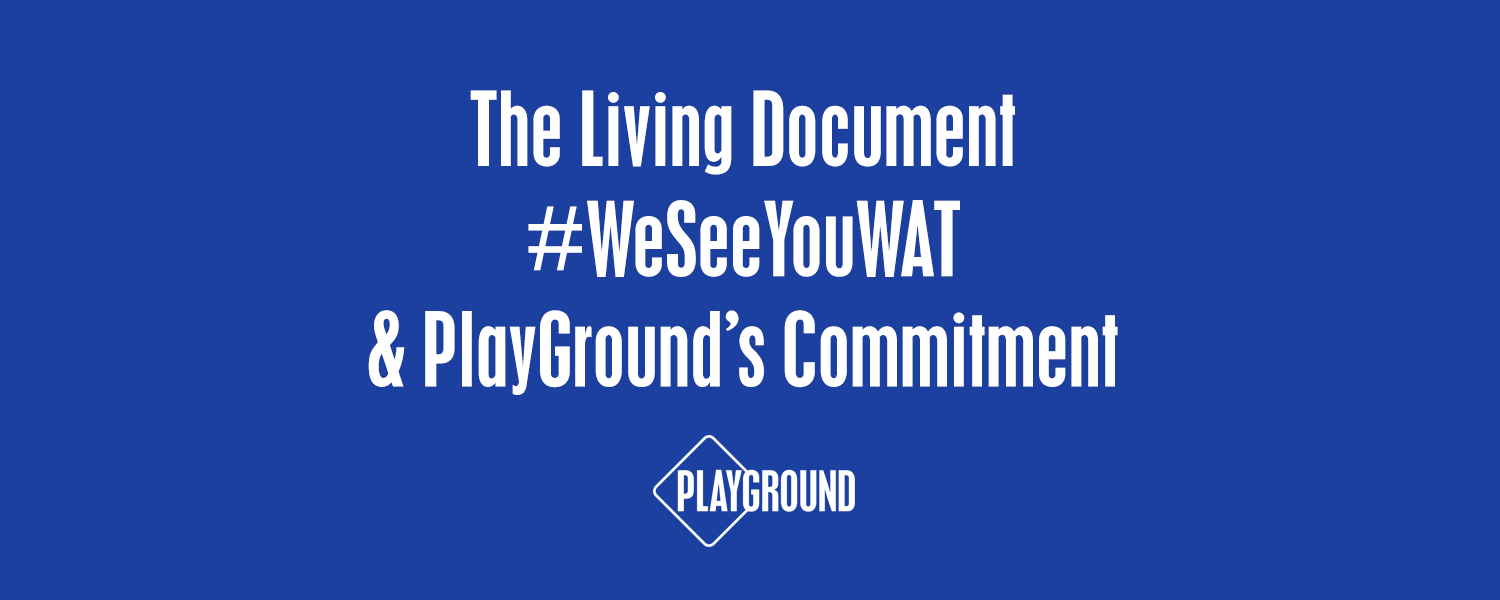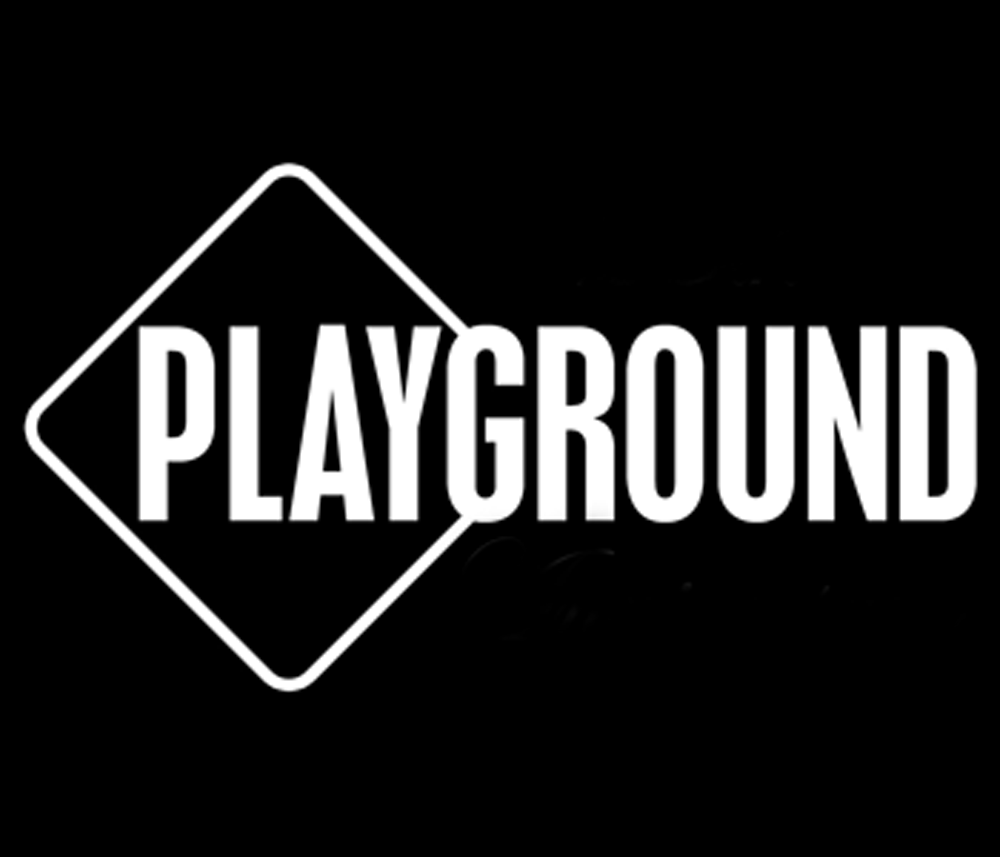The Living Document, #WeSeeYouWAT & PlayGround’s Commitment
 On June 8, more than 300 theatre-makers contributed to the testimonial, “Dear White American Theater”, to call out the systemic racism and anti-Blackness of the American Theater. On June 9, a Bay Area regional contribution to the dialogue was launched with the activation of the “Living Document: POC Experiences in Bay Area Theater Co.”, which has documented more than 1,000 incidents of racism and harm to members of the BIPOC community. On July 26, contributors to the Living Document published the BIPOC Equity Action Plan as an actionable supplement to the Living Document and demands of the Bay Area theater community to “stop harmful behaviors and practices and build a diverse, equitable, and inclusive theater industry.”
On June 8, more than 300 theatre-makers contributed to the testimonial, “Dear White American Theater”, to call out the systemic racism and anti-Blackness of the American Theater. On June 9, a Bay Area regional contribution to the dialogue was launched with the activation of the “Living Document: POC Experiences in Bay Area Theater Co.”, which has documented more than 1,000 incidents of racism and harm to members of the BIPOC community. On July 26, contributors to the Living Document published the BIPOC Equity Action Plan as an actionable supplement to the Living Document and demands of the Bay Area theater community to “stop harmful behaviors and practices and build a diverse, equitable, and inclusive theater industry.”
We acknowledge the courage of BIPOC artists in sharing their truths and our collective debt as a field for the labor they have invested to develop these documents and their demands for change. These artists are our company members and collaborators, our friends and family, and we want you to know we see you. We hear you.
PlayGround has long been committed to diversity, equity, and inclusion in its practices and policies – from writer and play selection, to casting, to hiring of directors and designers, to staffing and board development. Even so, we recognize that our efforts have been inadequate and incomplete. We accept our role and responsibility to eliminate white supremacy, actively build an anti-racist institution, end harmful behaviors and practices, and ensure PlayGround is a safe and welcoming space for all theatre practitioners to build on their craft and create community. We agree to begin immediately working toward addressing the demands of the Living Document BIPOC Equity Action Plan and We See You, White American Theater and to fully engage all facets of our organization to this task. To this end, a workgroup with diverse representation from PlayGround leadership, staff, board, company, writers, audience and supporters will be assembled over the next month to begin this process, with full authority and accountability to set institutional policies and modify practices emerging from their review and examination.
We anticipate that this work will be challenging, transformative and ongoing, with some changes coming immediately and others over time. We commit to reporting back on our progress over the next year and on a continuing basis.
We know we are not alone in setting about these efforts and look forward to working as a community to ensure a safer, more equitable and welcoming theatre for all.

March 24, 2021 at 12:02 pm
Working Toward Building An Anti-Racist Theatre – PlayGround
July 29, 2021 at 5:23 pm
Acknowledging The Legacy of the Land We Inhabit – PlayGround
October 5, 2021 at 3:32 pm
PlayGround Casting Policy – PlayGround